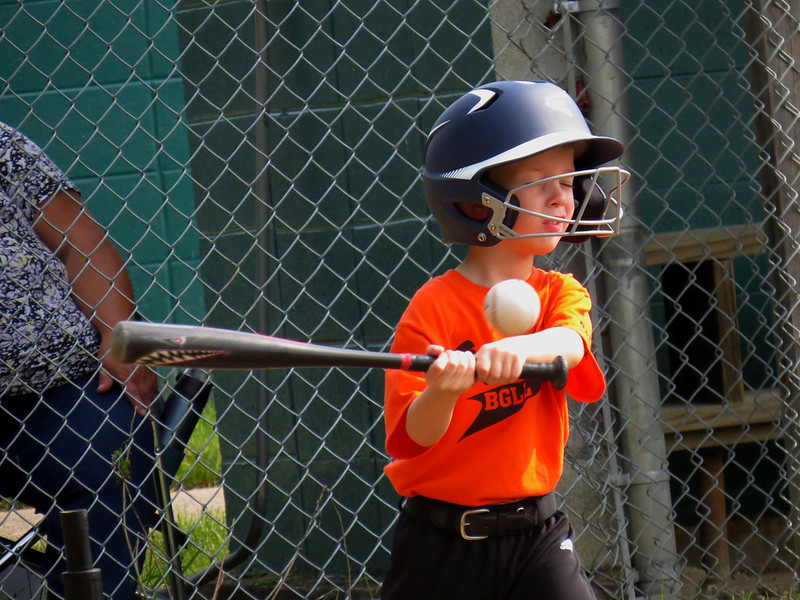Bad Behavior or Unskillful Behavior?
 What if you could see everyone as doing their best?
What if you could see everyone as doing their best?
When they are ineffective, what if you think they are using all the skills to the best of their abilities?
What changes when you see people as having a surplus of good intentions and a shortfall of skills?
If someone cannot recognize social cues and behaves accordingly, what does that say about them?
What does it say about you if you judge them as if they recognize those social cues?
Even if their best isn’t all skillful, what if you saw them as doing their best?
When someone treats you unskillfully, maybe they never learned how to behave skillfully.
When someone yells at you, maybe yelling is the only skill they were taught.
When someone treats you unskillfully, maybe that’s the only skill they have at their disposal.
And what if you saw them as doing their best?
Unskillful behavior cannot be stopped with punishment.
Unskillful behavior changes only when new skills are learned.
New skills are learned only when they are taught.
New skills are taught only when a teacher notices a yet-to-be-developed skillset.
And a teacher only notices a yet-to-be-developed skillset when they understand that the unskillful behavior is not about them.
And when a teacher knows the unskillful behavior is not about them, the teacher can teach.
And when teachers teach, new skills develop.
And as new skills develop, behavior becomes skillful.
It’s difficult to acknowledge unskillful behavior when it’s seen as mean, selfish, uncaring, and hurtful.
It’s easier to acknowledge unskillful behavior when it’s seen as a lack of skills set on a foundation of good intentions.
When you see unskillful behavior, what if you see that behavior as someone doing their best?
Unskillful behavior cannot change unless it is called by its name.
And once called by name, skillful behavior must be clearly described within the context that makes it skillful.
If you think someone “should” know their behavior is unskillful, you won’t teach them.
And when you don’t teach them, that’s about you.
If no one teaches you to hit a baseball, you never learn the skill of hitting a baseball.
When their bat always misses the ball, would you think the lesser of them? If you did, what does that say about you?
What if no one taught you how to crochet and you were asked to knit scarf? Even if you tried your best, you couldn’t do it. How could you possibly knit a scarf without developing the skill? How would you want people to see you? Wouldn’t you like to be seen as someone with good intentions that wants to be taught how to crochet?
If you were never taught how to speak French, should I see your inability to speak French as a character defect or as a lack of skill?
We are not born with skills. We learn them.
And we cannot learn skillful behavior unless we’re taught.
When we think they “should” know better, we assume they had good teachers.
When we think their unskillful behavior is about us, that’s about us.
When we punish unskillful behavior, it would be more skillful to teach new skills.
When we use prizes and rewards to change behavior, it would be more skillful to teach new skills.
When in doubt, it’s skillful to think the better of people.
Image credit — Steve Baker
 Mike Shipulski
Mike Shipulski